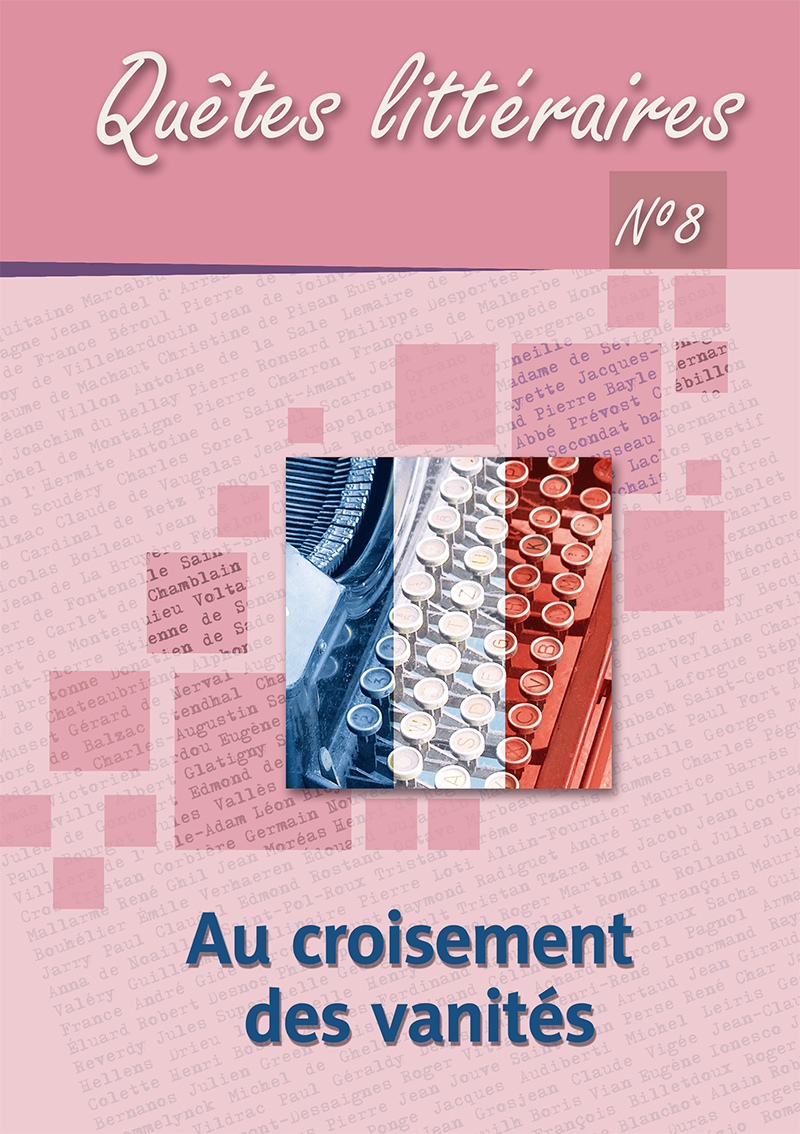La Vanité à l’usage des demoiselles : savoir-vivre et savoir-mourir dans le roman d’éducation pour filles dans le Second Empire
Vanity for the use of young ladies: Good manners and good death in educational novels for Second Empire girls
Author(s): Marie Kawthar DaoudaSubject(s): Language and Literature Studies, Literary Texts, Studies of Literature, Comparative Study of Literature, French Literature, Theory of Literature
Published by: Katolicki Uniwersytet Lubelski Jana Pawła II, Instytut Filologii Romańskiej & Wydawnictwo Werset
Keywords: edification; countess de Ségur; Victorine Monniot; Baudelaire; Goncourt; Chérie
Summary/Abstract: In the 1850es, the Second Empire settles in after five stormy decades that unveil the vanity of temporal power. The legitimist writers Sophie Rostoptchine, countess de Ségur, and Victorine Monniot, have left a deep imprint in the education of Second Empire young ladies. Their teaching, which taps on practical interpretation of Cahtolic catechism illustrate the Christian principles of renunciation taught by the memento mori while echoing the anguishes of the time. The article aims to study the presence of vanity as a pedagogical tool in Le Journal de Marguerite (1858) and the cycle of Sophie (1858-1859) and to highlight the links between these edifying novels and the fears expressed by Baudelaire and Edmond de Goncourt.
Journal: Quêtes littéraires
- Issue Year: 2018
- Issue No: 8
- Page Range: 76-87
- Page Count: 12
- Language: French

